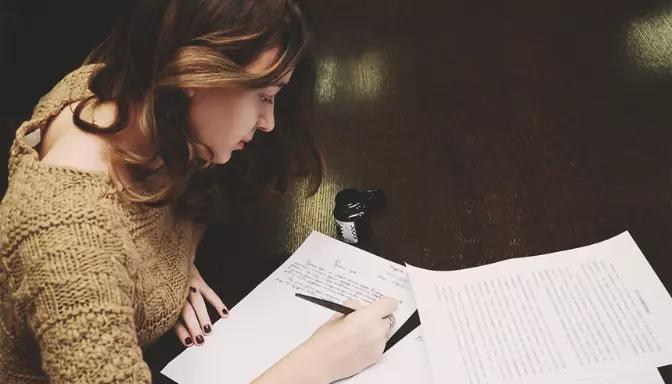Diksia.com - Book editors play a vital role in the publishing process. They are responsible for ensuring that a book is well-written, error-free, and meets the publisher’s standards. But beyond that, they also play a creative role in shaping the book’s final form.
A good book editor will work closely with the author to understand the book’s vision and to make suggestions that will improve the overall quality of the work. They may help to tighten the plot, develop the characters, or clarify the themes. They may also suggest changes to the structure, style, or tone of the book.
The best book editors are not just grammarians or proofreaders. They are also literary professionals who have a deep understanding of the craft of writing. They can help authors to bring their stories to life and to create works that will resonate with readers.
The Different Types of Book Editors
If you are an aspiring author, you might wonder what does a book editor do and why do you need one. A book editor is a professional who reviews the written word and looks for mistakes, inconsistencies, and ways to improve the style, voice, mechanics, and organization of the text.
A book editor can help you turn your manuscript into a polished and publishable work that will appeal to your target audience and meet the standards of the publishing industry. There are three main types of book editors: developmental editors, copy editors, and proofreaders.
- Developmental editors focus on the big-picture aspects of a book. They help authors to develop their ideas, to strengthen their characters, and to create a compelling narrative arc.
- Copy editors focus on the details of a book. They check for grammar, spelling, punctuation, and factual errors. They also make sure that the book’s style is consistent and that the tone is appropriate for the target audience.
- Proofreaders read the book carefully to catch any remaining errors. They also check the book’s formatting and make sure that it meets the publisher’s standards.
There are different types of book editors, each with a specific role and responsibility in the book editing process. Depending on your genre, style, and level of writing, you may need one or more types of editors to help you shape your literary masterpiece. Here are the main types of book editors and what they do:
Developmental Editor
A developmental editor works with the overall content and structure of your book. They look for plot holes, continuity problems, concept issues, and hiccups in the actual story. They also evaluate the characters, themes, tone, pace, and argument of your book.






